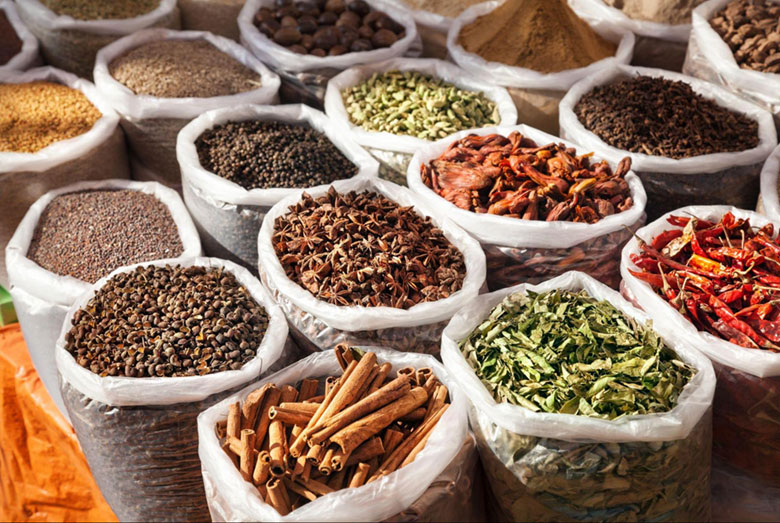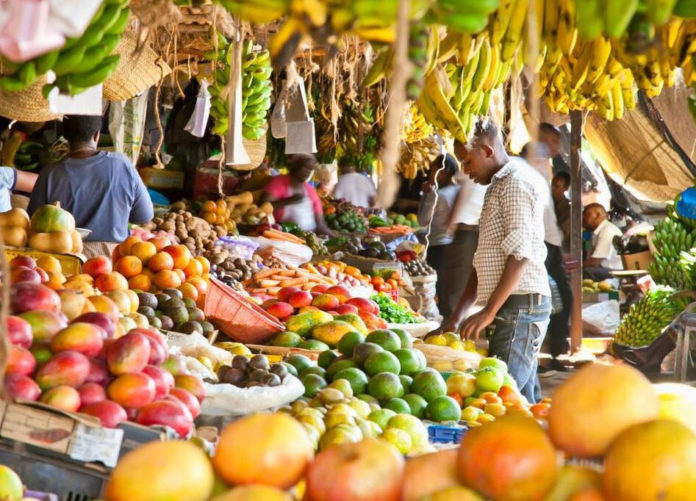JAMAICA | The Jamaica Agricultural Society (JAS) want’s Govt to better facilitate export agriculture.

KINGSTON, Jamaica, April 26, 2024 - President of the Jamaica Agricultural Society Lenworth Fulton is bemoaning the state of the island's agricultural exports which he says is declining on a yearly basis, while on the other hand imports are spiraling out of control.
In a statement, Mr. Fulton has called for a drastic overhaul of the government’s agricultural export policy to facilitate the island’s farmers and exporters by removing all taxes on export agricultural products in keeping with their latest mandate to remove general consumption from imported foodstuff.
He emphasized that Jamaica’s exports would benefit greatly with tremendous Improvement resulting from the removal of all taxes referred to as cess from these export items, which form the major hurdle to foreign exchange earning capacity to the farmers and exporters.
Fulton advised that the Jamaica Commodity Regulatory Authority (JACRA) has imposed cess on spices, cocoa, coffee, coconut to pay JACRA' s administration expenses instead of creating capital for investment to these subsectors.
He recommended that JACRA could be included under the Ministry of Agriculture, Fisheries and Mining’s (MICAF&M) recurrent budget since it is performing a regulatory function for agricultural exports.
 “Jamaica Agriculture has a long history of export starting from the English conquest in 1655 to present, with products like coffee, cocoa, coconut, banana, sugar, pimento etcetera which are virtually dead, despite the fact that the markets are still there,” Fulton pointed out
“Jamaica Agriculture has a long history of export starting from the English conquest in 1655 to present, with products like coffee, cocoa, coconut, banana, sugar, pimento etcetera which are virtually dead, despite the fact that the markets are still there,” Fulton pointed out
The colonial government made sure that the farmers had lands; capital, labour and the appropriate infrastructure like wharfs, warehouses, roads and transportation, to support production and export.
This system was intertwined with policies, laws, regulations and institutional commitments to ensure consistency of supply with high quality to service the markets both locally and internationally.
This good design has deteriorated since we gained independence in 1962 and thereafter the Jamaican economy plunged into crisis with debt a decade ago as high as 140% of GDP, but there is reduction in debt to GDP in recent years to about 70 % currently.
The resurgence of the traditional crops with the addition of yams, other roots, tubers, vegetables and fruits could earn significantly more foreign exchange above the USD273M earned in 2022.
Currently, there are about 200 registered agricultural exporters in Jamaica operating independently of each other, creating chaos and unnecessary jostling for inadequate produce caused partly from climate change, lack of available investment, nonexistent policy tools and poor leadership.
The exporters must now form themselves into groups aligned to export houses that can facilitate inspection for food safety and quality assurance by foreign entities like USDA and local authorities like Jamaica Bureau of Standard to prevent rejection of produce at point of entry or to end users.
The reintroduction of Cooperatives among farmers and marketers would assist in the congeniality of export houses.
Other countries like the Dominican Republic, though larger than Jamaica, have about three export houses and do significantly higher volumes of export than Jamaica.
In fact, Jamaica had few export houses in the pre-independent Era than now with more farmers then and higher export volume. Some of these export houses still operate such as sugar and pimento warehouses and also the elusive AMC complex on Spanish Town Road.
 It's imperative that exporters encourage farmers to produce for export markets in clusters like agro parks. This would group farmers to make extension delivery more accessible and produce more consistently, plus it would make contract farming more beneficial to all parties by leveraging shared services like tillage, spraying by drone transportation and storage ect.
It's imperative that exporters encourage farmers to produce for export markets in clusters like agro parks. This would group farmers to make extension delivery more accessible and produce more consistently, plus it would make contract farming more beneficial to all parties by leveraging shared services like tillage, spraying by drone transportation and storage ect.
These cluster groups could benefit from financial assistance from exporters similar to how contract broiler chicken farmers benefit from Jamaica broilers and Caribbean broilers where some critical services like slaughtering,packaging and marketing are managed by these entities.
Farmers frequently complained about low prices paid by exporters and hotels which is a dis-incentive to sell their produce to them, so price should be closely linked to export prices, in some instances prices offered is about 40% of prices obtained in major markets in USA, Canada and Europe, which is tantamount to exploitation and price gouging.
Mr. Fulton said the time had come for the modernization of agriculture supported by the government and its agencies, to move in the direction of better food security and to attract private investors to the sector, whilst removing barriers to productivity like cess, high interest rates, difficulties in accessing land.
It is in light of this he has called on the Agriculture Minister to outline Jamaica’s policy response to CARICOM’s “ 25 by 2025 Vision” which involves the reduction of the Caribbean’s food import bill by 25 percent by 2025.
This policy perspective Fulton said is yet to be presented or outlined to the Jamaica Agricultural Society which has a mandate to lead Jamaica’s farmers in food security and food sovereignty.
Vision 25% by 2025 is a long term social and economic partnership between Member States, the Regional Private Sector (CARICOM Private Sector Organization-CPSO), Regional Organizations, Producer Groups, Development Partners and Civil Society which outlines actions and critical areas of intervention to tackle the Region’s rising food import bill, improve intra-regional trade, and create wealth and economic opportunity for every CARICOM Member State.
-30-

 En
En  Ar
Ar